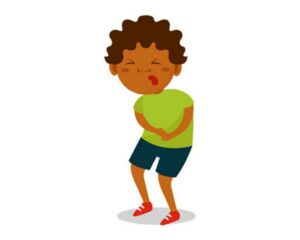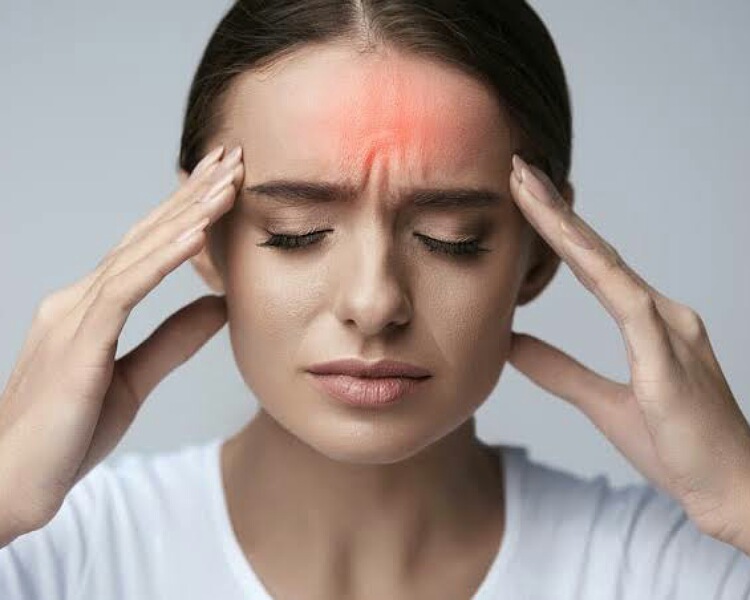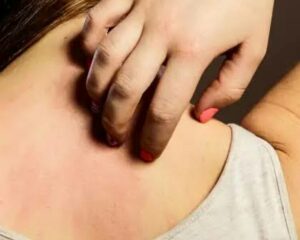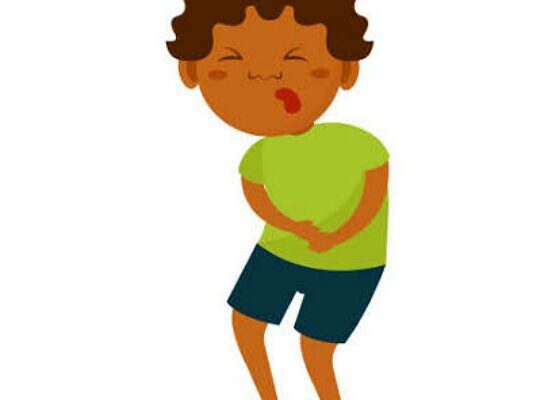Illness is bad and diet could do a lot to help you relieve your symptoms. There are certain best and worst foods for each sick condition. What should you eat and what to avoid with these gut symptoms, headache, and body itching?
Symptoms and diet
Every disease with symptoms needs specific drugs and medicines as cure or for relief of symptoms. But diet during the illness also matters a lot. Certain foods can worsen your symptoms and should be avoided. Whereas certain foods can mitigate your suffering and can be consumed as much as you want. What should one eat or avoid with bad gut symptoms, headaches, and body itching?
Gut symptoms
Loose motions
Loose motions are watery stools. A number of factors can cause it from foods that did not agree with you to infection. In such a case, eat a bland diet. James Lee, MD is gastroenterologist at St. Joseph Hospital in Orange County, CA, the USA. He opines:
“Many different things can cause diarrhea, such as Crohn’s disease or colitis,”
Seek medical attention. But in the meantime, have bland meals such as bananas, oatmeals, rice porridge, toast and applesauce. Pretzels, baked potatoes, and baked turkey or chicken also help. One can have carrots and green beans but in a cooked form.

Avoid these foods: candy that is sugarless, gum, and such edibles that have sorbitol or other sugar alcohols in them, peppers, peas, broccoli, corn, and beans (these cause gas), milk, alcohol (causes urination increase and dehydration), caffeine (can induce dehydration), and fatty and fried foods.
Constipation
Low fiber foods, refined foods, less fruits and vegetables, less of exercise, and medicines can make one constipated. To prevent and overcome this gut condition, one should consume whole grains, fruits, and vegetables. Moreover, oatmeals, nuts, seeds, beans, and prunes are beneficial. James explains:
“Drinking six to eight glasses of water daily also helps get things moving.”
But avoid sugary foods, milk, high fat meats, iron supplements, and refined and processed foods.
Upset stomach
Feeling stomach discomfort and bloating decreases appetite. But some foods can calm a disturbed tummy. James says:
“In general, keep food portions small and odors to a minimum,”
Small amounts of cereal or dry toast does assist in relief. Also, saltine crackers or pretzels are good. Have bland foods and those that have a lot of water in it such as ice popsicles and clear soups.
Spicy, salty, fatty or processed foods, and caffeine, alcohol, and carbonated drinks can worsen your upset tummy and nausea.
Headaches

The internist from Orange Coast Memorial Medical Center in Fountain Valley, California, Kristine Arthur states that dehydration is the most common cause of headaches. Drink adequate water to relieve it. She says:
“Drink a bottle of water and wait 20 minutes to see if you feel better,”
Caffeine in small amounts helps give relief from migrainous headaches. But Kristine cautions:
“But for each cup of tea or coffee, drink an equal amount of water to avoid dehydration,”
Foods that can trigger headaches are caffeine, MSG, artificial sweeteners, aged cheeses that have tyramine in them, processed meat, and red wine.
Itching of body
This could be due to allergy. Start keeping a food diary to pinpoint the culprit food. Kristine explains:
“Skin is made up of proteins, so a diet adequate in protein is necessary for skin protein synthesis.”
She adds that omega-3-fatty acids rich-foods such as fatty fish (salmon, tuna, sardines), walnuts and flax seed oils, are all important for skin health.

Read here: Hay fever: Which foods to avoid and which to take to alleviate this allergy?
One should be careful of eating nuts, fish, tomatoes, eggs, soy, berries, and milk as these trigger allergy.
